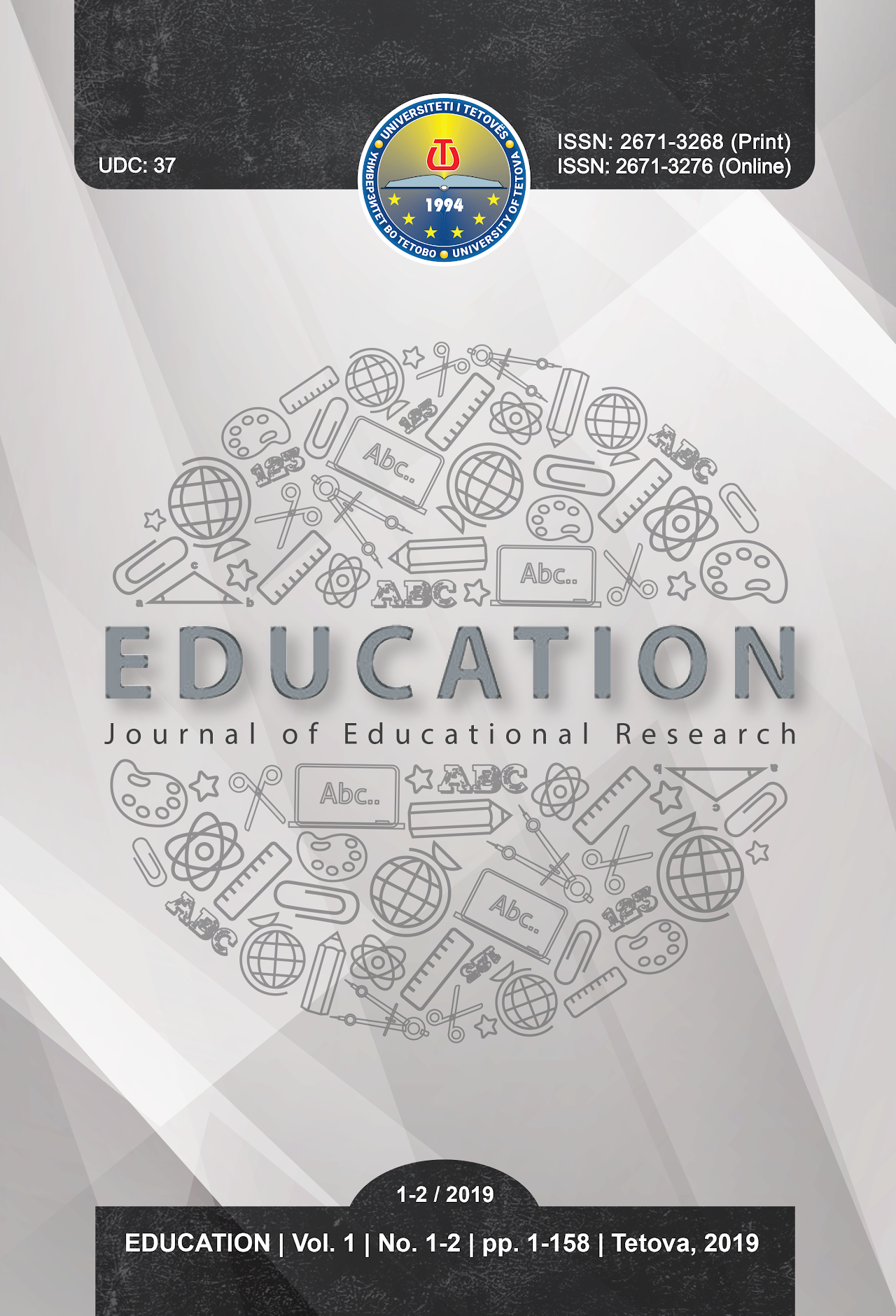THE PARTICIPATORY APPROACH OF RESPONSIBLE SUBJECTS IN SCHOOLS FOR A MORE SUCCESSFUL ADAPTATION OF STUDENTS
THE PARTICIPATORY APPROACH OF RESPONSIBLE SUBJECTS IN SCHOOLS FOR A MORE SUCCESSFUL ADAPTATION OF STUDENTS
Author(s): Besa DoganiSubject(s): Social Sciences
Published by: University of Tetova
Keywords: adaptation; participation; transformation; educational period in an elementary school; professional services; acceptability; reliability; partnership; school
Summary/Abstract: The already established educational practice indicates a serious flaw regarding adaptation while transferring from one to another education period. This transformation indicates additional attitudes which are usually negative, such as: fear of the unknown, insecurity, loss of self-confidence, lack of interest towards studying and the school in general, intolerance towards the new school friends and the new teachers. In certain schools in our country, some measures have been undertaken with aim to overcome these attitudes, but its effects are small, so the problem still remains. To successfully overcome this issue, a common participation and presence of many subjects is required, such as the teachers, parents, pedagogues, and psychologist. This approach of participation means partnership between the subjects during the realization of the working tasks. Functionally speaking, the approach of participation is interesting for two aspects: Firstly, for the teachers-to provide starting principles for undistracted development of the students, which is directed towards the strategical aims of the education, and secondly for the professional services at school – to provide progress for the teachers’ work i.e. every teacher would understand the present situation and would be prepared for the anticipated changes. This survey has an aim to underline the hardship during the adaptation of the students, but also to provide some solutions to the problem.
Journal: EDUCATION – Journal of Educational Research
- Issue Year: 1/2019
- Issue No: 1-2
- Page Range: 81-84
- Page Count: 4
- Language: English

